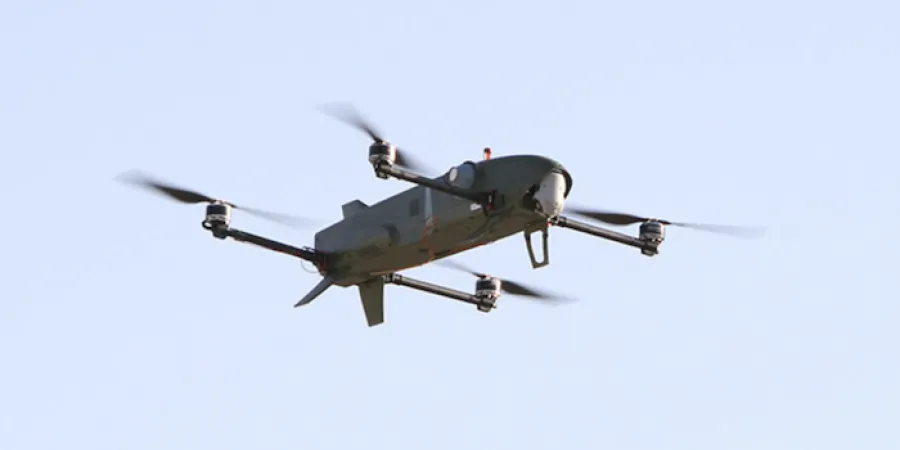IAI Signs Cooperation Agreement with German Missile Systems Company MBDA
The agreement is for the production, integration, sales, and marketing of IAI's loitering ammunition systems in Germany
Eyal Boguslavsky
|
16/07/2023
Israel Aerospace Industries (IAI) and MBDA Germany have signed a cooperation agreement for the production, integration, sales, and marketing of IAI's loitering ammunition systems in Germany.
MBDA is a leader in Germany in developing, producing, and maintaining guided missiles, air defense systems, and effective systems. Four decades ago, IAI was the first company in the world to develop loitering ammunition. The current IAI Loitering Munition portfolio includes the Harop, Harpy, Mini-Harpy, and Rotem systems. Together with MBDA Germany, IAI offers this loitering ammunition portfolio to the German Armed Forces to close capability gaps in the Air Force, Navy and Army.
Thomas Gottschild, Managing Director MBDA Germany: “We already announced our partnership with IAI in 2021 and are now pleased to continue the strategic partnership with this agreement. The Ukraine war and the Azerbaijan-Armenia conflict have shown the importance of drones in combat missions.
“Our companies have agreed to cooperate in the preparation, production, marketing, and implementation of all necessary work related to loitering ammunition for the benefit of our German customer, the German Army.”
Boaz Levy, IAI's CEO: “IAI is proud to work with MBDA Germany in the field of loitering ammunition. This agreement allows us to combine the strengths of both companies. IAI is a global pioneer in the development of the operational concept for loitering ammunition systems. Loitering ammunition has since evolved into a family of unique and accurate weapon systems. These systems have contributed to the operational successes of the armed forces worldwide and represent central and decisive components for future deployment scenarios.”
The agreement is for the production, integration, sales, and marketing of IAI's loitering ammunition systems in Germany
Israel Aerospace Industries (IAI) and MBDA Germany have signed a cooperation agreement for the production, integration, sales, and marketing of IAI's loitering ammunition systems in Germany.
MBDA is a leader in Germany in developing, producing, and maintaining guided missiles, air defense systems, and effective systems. Four decades ago, IAI was the first company in the world to develop loitering ammunition. The current IAI Loitering Munition portfolio includes the Harop, Harpy, Mini-Harpy, and Rotem systems. Together with MBDA Germany, IAI offers this loitering ammunition portfolio to the German Armed Forces to close capability gaps in the Air Force, Navy and Army.
Thomas Gottschild, Managing Director MBDA Germany: “We already announced our partnership with IAI in 2021 and are now pleased to continue the strategic partnership with this agreement. The Ukraine war and the Azerbaijan-Armenia conflict have shown the importance of drones in combat missions.
“Our companies have agreed to cooperate in the preparation, production, marketing, and implementation of all necessary work related to loitering ammunition for the benefit of our German customer, the German Army.”
Boaz Levy, IAI's CEO: “IAI is proud to work with MBDA Germany in the field of loitering ammunition. This agreement allows us to combine the strengths of both companies. IAI is a global pioneer in the development of the operational concept for loitering ammunition systems. Loitering ammunition has since evolved into a family of unique and accurate weapon systems. These systems have contributed to the operational successes of the armed forces worldwide and represent central and decisive components for future deployment scenarios.”



